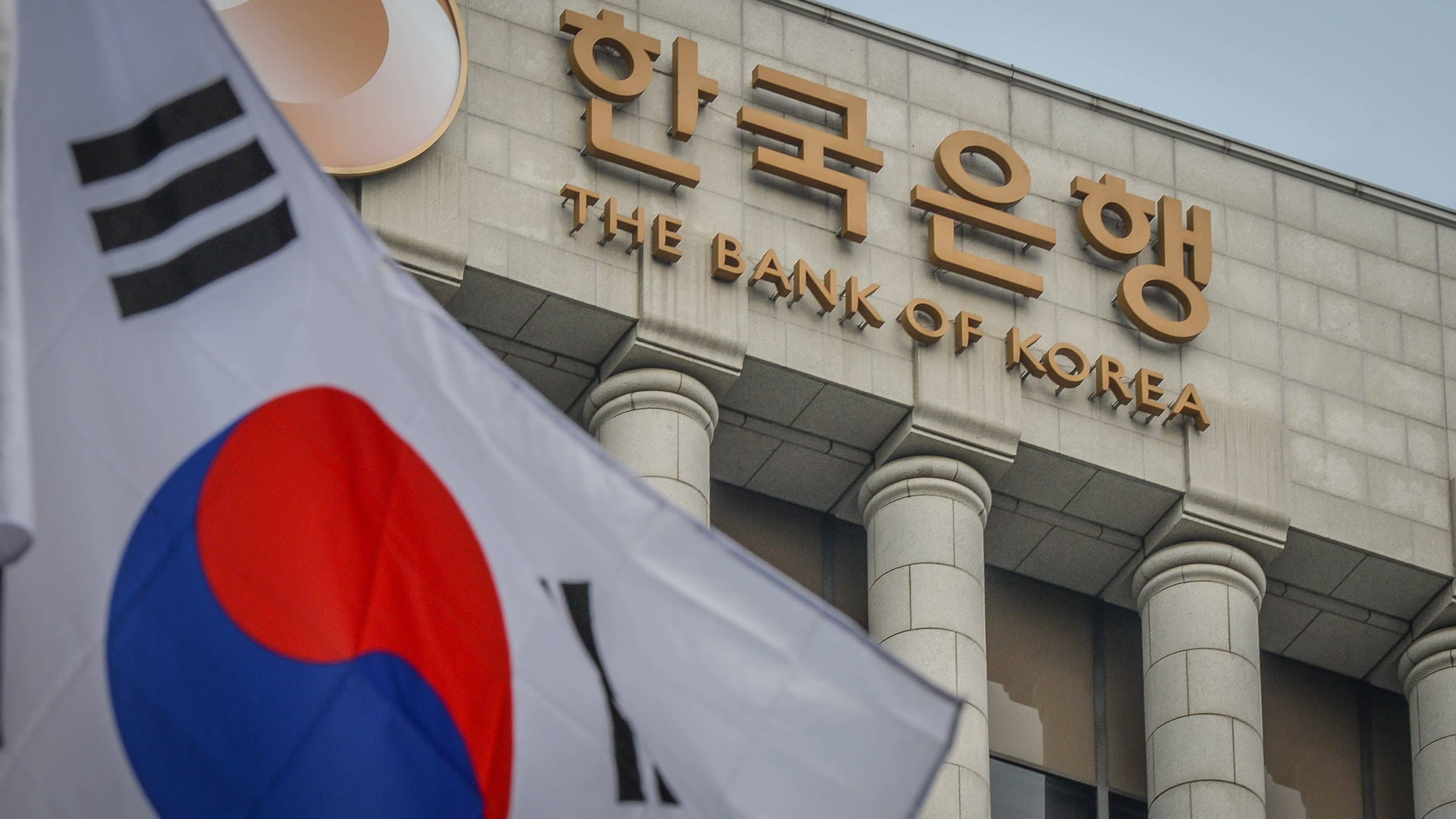
South Korea’s real gross domestic product (GDP) fell 0.2% in the first quarter from the previous three months, according to preliminary accounting data released by the Bank of Korea, the country’s central bank, Yonhap news agency reported Tuesday, quarter-on-quarter contraction for the first time in nine months. The Bank of Korea had previously hinted at the possibility of negative GDP growth in the first quarter, which analysts attributed to prolonged domestic political uncertainty and declining economic confidence triggered by US tariff policy, and forest fires on an unprecedented scale.
By sector, private consumption expenditure and government consumption expenditure decreased by 0.1% month-on-month. Construction investment fell by 3.2 per cent and investment in equipment by 2.1 per cent. Exports fell 1.1 per cent month-on-month and imports fell 2 per cent. In terms of the contribution rate to economic growth, construction investment and equipment investment have reduced economic growth by 0.4 and 0.2 percentage points respectively, and the contribution rate of private consumption expenditure and government consumption expenditure is zero. Over the same period, real gross domestic income fell by 0.4 per cent, more than GDP.
Weak domestic demand is an important factor aggravating the downside risk of South Korea’s economy. South Korea’s retail sales fell 1.1% in the first two months of this year from a year earlier, according to the Korea Development Research Institute’s April Economic Trends report. Spending on services was also sluggish, with the lodging and catering sector down 3.7 per cent in the first two months. The consumer confidence index for March came in at 93.4, below the benchmark of 100. Analysts said South Korea’s full-year growth rate could fall short of the Central Bank’s previous forecast of 1.5 percent if weak domestic demand continues, Asia daily reported.